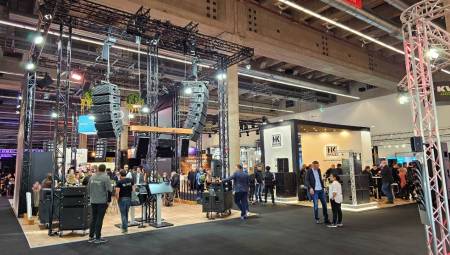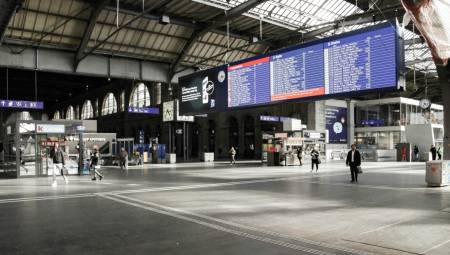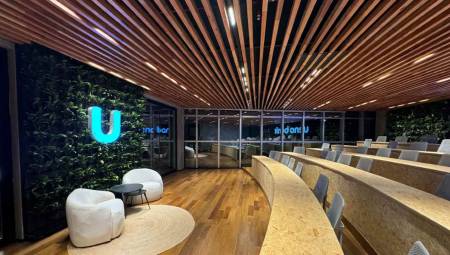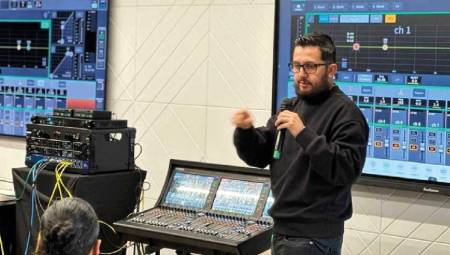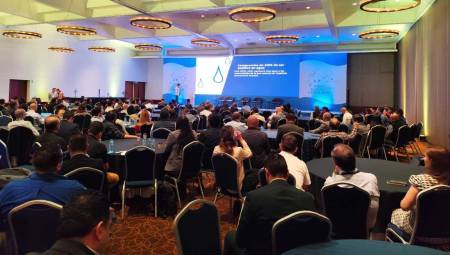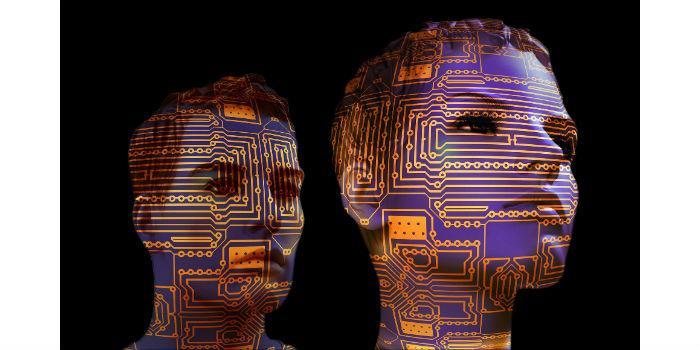 Latin America. As early as 1950, pioneering computer scientist Alan Turing made some predictions about Artificial Intelligence (AI) stating: "I think that, by the end of the century, the use of words and general opinion will have changed so much that one will be able to speak of 'thinking machines' without waiting for them to replicate or contradict it."
Latin America. As early as 1950, pioneering computer scientist Alan Turing made some predictions about Artificial Intelligence (AI) stating: "I think that, by the end of the century, the use of words and general opinion will have changed so much that one will be able to speak of 'thinking machines' without waiting for them to replicate or contradict it."
Almost 70 years later, although we rarely talk about "thinking machines", we interact with them every day. When we look back, I expect this year to be a turning point in terms of AI becoming a reality, and companies successfully leveraging it for significant profits.
Here's how I think the industry will continue to advance throughout 2018:
1) Ubiquitous virtual assistants: Most of us already frequently interact with AI, for example, when we call our banks and insurance companies. Chatbots that answer and direct our calls are obviously not human, but I think it will soon be increasingly difficult to distinguish between one or the other. In fact, in a few years, we won't even notice that we're dealing with bots. This is also great news for call workers who will no longer have to repeatedly answer the same basic questions and who will be able to focus on solving more complex problems that will still require the more "human" characteristics of creativity and empathy.
2) Government health programs will turn to AI: While the medical industry can be described as cautious when it comes to transforming technology systems, recent years have seen hospitals migrate from paper to digital. AI is already being used in many cases to review newly digitized medical records and to help clinicians predict life-threatening conditions, factors, or behaviors. With medical spending becoming an increasingly controversial issue in most countries, we're likely to see AI used to speed up diagnosis and preventive medicine – after all, it's cheaper to fix medical problems if they're detected as quickly as possible. For example, AI is likely to be implemented to detect abnormalities in X-rays for radiologists to review with experts or to visualize cancer cells.
3) At least two disruptive AI business models will emerge in the next 12 months: Digitalization has transformed many industries: Just a few years ago it would have been unthinkable to imagine that Alibaba, the most valuable retailer, has no inventory, or that Airbnb, the world's largest hosting provider, owns no real estate. My advice is to keep the focus on the retail industry, which is ready for the first wave of AI-based innovations. We will see that AI will take the place of your spouse and/or friend while making the purchase and make suggestions, not only about accessories, but also about style.
4) 80% of all larger organizations will research AI: There is absolutely no large company that does not benefit from AI support in one way or another. And this year, we expect to see a marked increase in the number of deployments. I believe that 6 out of 10 companies in the world will go from the theoretical stage to the actual proofs of concept. However, once they reach the 100% implementation phase, you will also encounter a lack of employees with appropriate skills.
5) Over the course of 2018, the net effect of AI will be positive for the workforce:
This year, we're going to see the emergence of an entirely new market for AI-based jobs. Initially, we'll continue to see demand for people with specialized skills, from user experience experts to customer-focused copywriters who will write chatbot scripts. As AI penetrates more into the workplace, its successful adoption will depend on people's trust in the recommendations that AI systems provide.
Beyond this year (and possibly the next two), we expect the landscape to change more dramatically, as AI systems automate many traditional jobs, a trend that will create a growing challenge in the labor market by 2020.
6) Assembly line workers will increasingly have robotic colleagues: To date, robots have been largely limited to working on manufacturing lines. However, the emerging generation of intelligent autonomous robots can safely see, touch, and collaborate with humans, while performing the heavy lifting of assembly, in addition to other routine tasks. At our factory in Augsburg in Germany, we have collaborated with robotics expert Kuka to develop an "intelligent" robot that recognizes when humans are nearby, ensuring that there is no danger of injury, for example, from the sudden and unexpected movement of a robotic arm. We're going to see this increasingly prevalent human-robot collaboration, with humans controlling and monitoring processes. This is the first step towards a hybrid work environment, where humans and robots will work hand in hand.
7) All aspects of manufacturing will use AI to some extent in 2018: We believe that all large manufacturing companies will use AI, for at least one part of the value chain, whether in logistics, manufacturing or maintenance. In manufacturing, performance is king, so we're going to see many more implementations of AI at the process control level, using machine learning to better control processes for production. We're also going to see manufacturers implement AI at the plant level, which helps to continuously plan to accommodate unexpected events like supplier delays or machine downtime. And on the topic of downtime, let's look at how machine learning is implemented for predictive maintenance, making it easier to replace systems before they fail and coordinate any downtime, enabling significant savings and increased availability.
Text written by Dr. Joseph Reger, CTO of Fujitsu.




